Development of Plastic Granulating Production Line
Nowdays, in an era where environmental consciousness is paramount, industries across the globe are reevaluating their processes and materials to align with sustainable practices. As we all know, one such transformation is taking place in the plastics industry through the adoption of plastic granulating production lines. Now, these lines offer a promising solution to address the plastic waste crisis by repurposing post-consumer and post-industrial plastic waste into reusable raw materials.
In this blog, we’ll dive deep into the concept of a plastic granulating production line, its components, benefits, and its pivotal role in promoting a circular economy.
Understanding the Plastic Granulating Production Line
Plastic granulation lines convert waste plastic materials such as bottles, containers and packaging into high-quality plastic granules or pellets.
These granules can then be used as raw materials for various applications, including the production of new plastic products. The process involves several stages, each contributing to the efficient and eco-friendly conversion of plastic waste.
Components of the Plastic Granulating Production Line
-
Sorting and Shredding
Firstly, sorting plastic waste by type and color, ensuring that only compatible plastics are processed together. The sorted plastic is then shredded into smaller pieces to facilitate the subsequent processing stages.
-
Washing and Cleaning.
Secondly, clean shredded plastic pieces to remove contaminants such as dirt, labels, and product residue. This step is crucial to maintain the quality of the final granules (From Wiki articles).
-
Extrusion.
Thirdly, clean plastic chips are melted by heat and mechanical force to form a uniform melt. This melt processing forms long strips of plastic.
-
Cutting and Pelletizing.
Next, cool the plastic strands and cut into small balls or pellets.These granules are uniform in size and shape, making them suitable for consistent processing in various manufacturing processes.
-
Cooling and Packaging.
Finally, cooled and packed freshly cut plastic pellets ready for shipping for use in different industries.
Benefits of Plastic Granulating Production Lines
-
Reduced Environmental Impact.
By reusing and converting it into reusable raw materials, the production of waste plastic is reduced.
-
Energy Efficiency.
The process of granulating plastic waste requires less energy compared to producing virgin plastic from petroleum-based sources. This energy efficiency contributes to a lower carbon footprint.
-
Resource Conservation.
By repurposing plastic waste, these production lines help save valuable natural resources.
-
Promotion of Circular Economy.
Plastic granulating production lines align with the principles of a circular economy by minimizing waste and maximizing resource efficiency through continuous recycling and reuse.
-
Job Creation.
The implementation of such advanced technology leads to the creation of skilled jobs in fields like manufacturing, machinery maintenance, and quality control.
-
Conclusion.
The plastic granulating production line stands as a shining example of innovation and sustainability coming together to address a pressing global issue.
By transforming plastic waste into reusable raw materials, this technology exemplifies the potential for industries to transition towards a circular economy and reduce their environmental impact.
As more businesses and manufacturers recognize the value of adopting such processes, we move closer to a future where plastic waste is no longer a problem, but a valuable resource awaiting transformation.
About the Author:

Andy, sales manager of Qingdao Sunshine Machinery Co., Ltd., has been engaged in plastic machinery for 5 years. Familiar with the operation and product features of various types of machines, we can provide you with high-quality services. If you have any needs, you can contact me at any time and look forward to establishing a cooperative relationship!


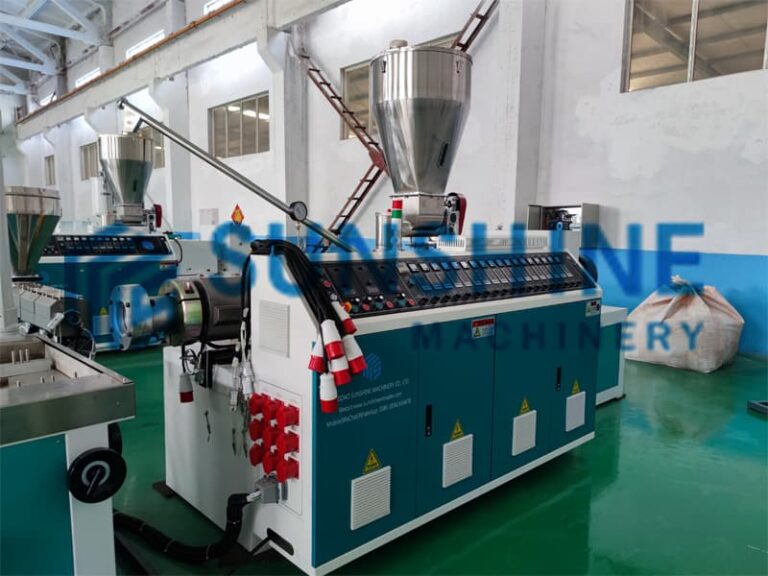
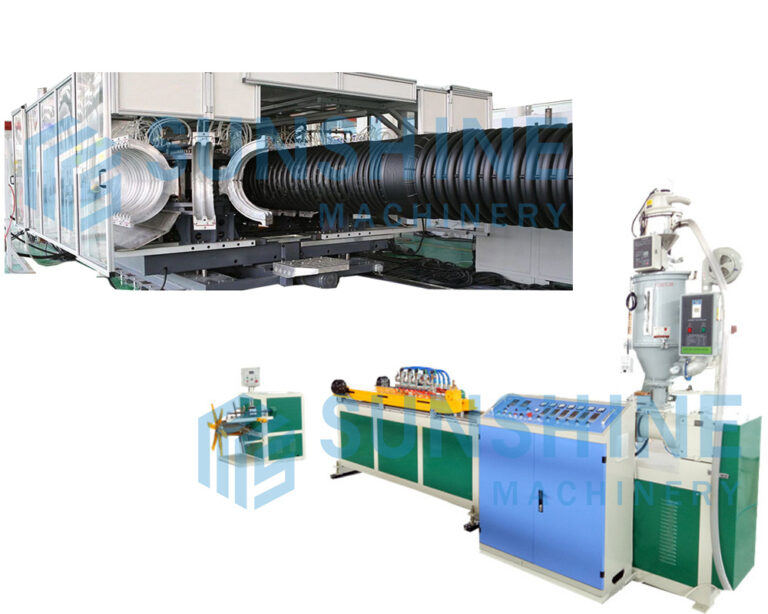
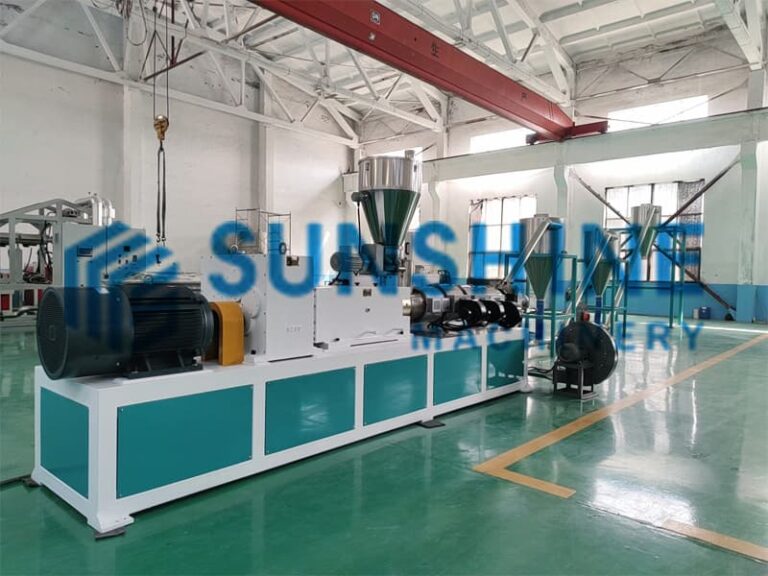
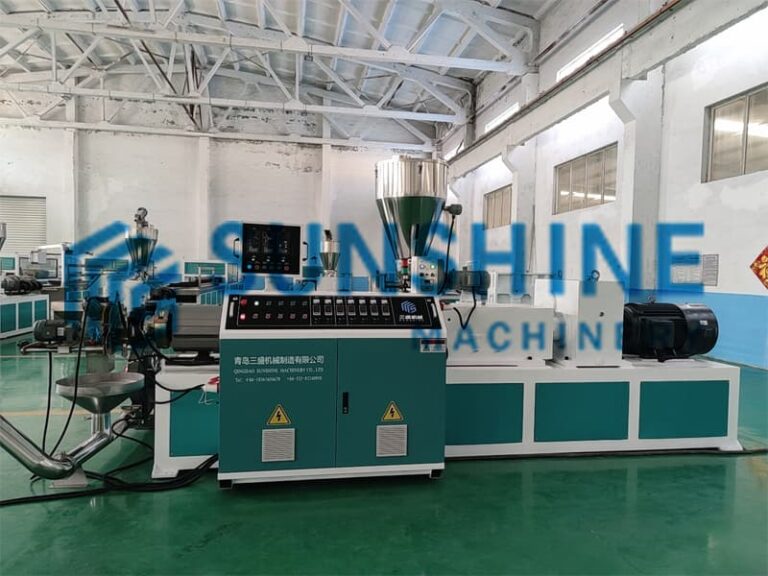
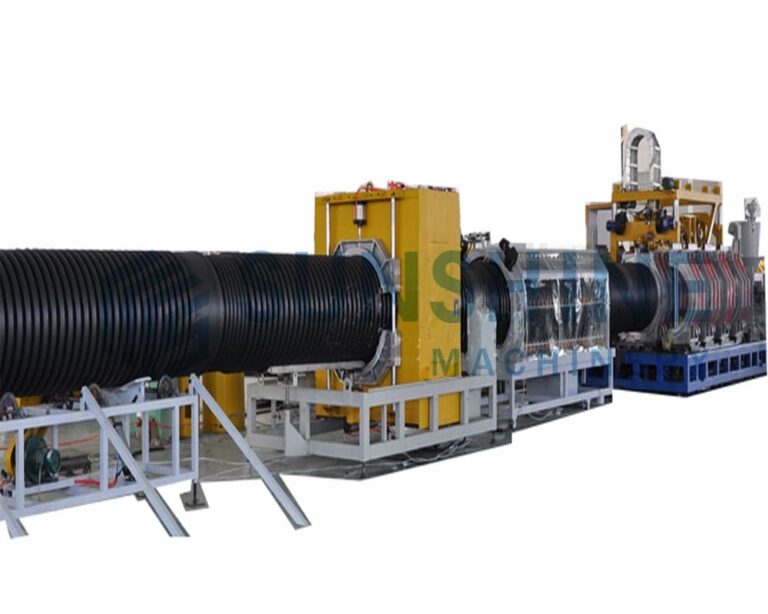
Hi, this is a comment.
To get started with moderating, editing, and deleting comments, please visit the Comments screen in the dashboard.
Commenter avatars come from Gravatar.